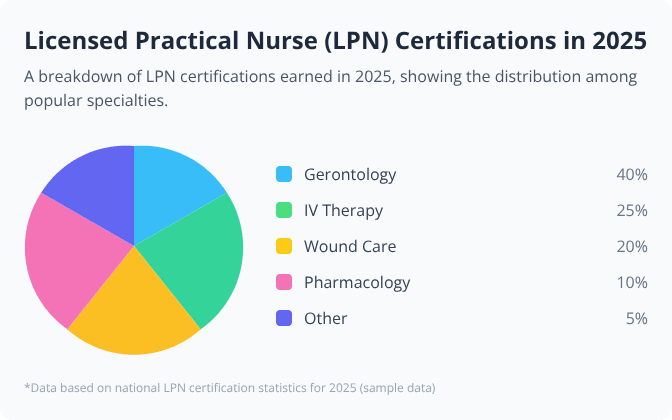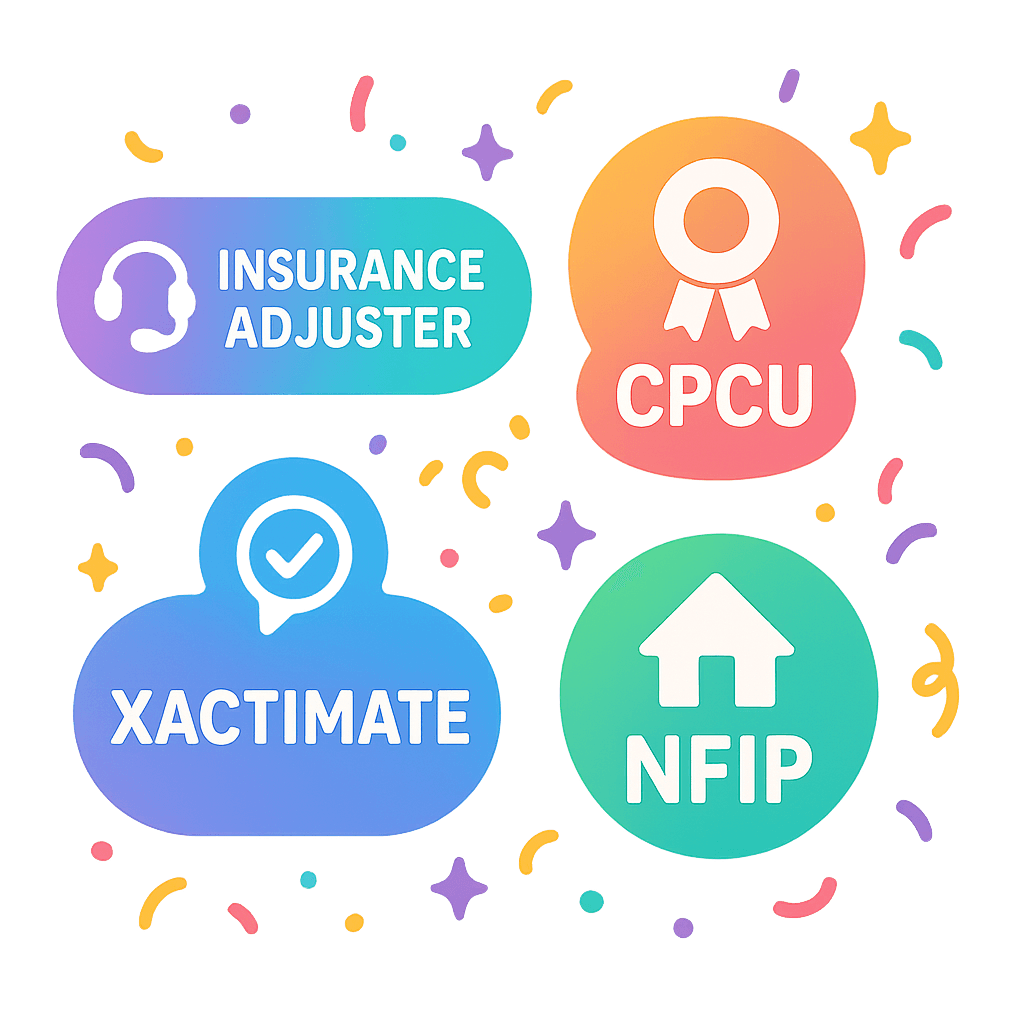Licensed Practical Nurse Resume Certifications

Show up with the right badges, and suddenly your resume isn’t just paper—it’s a VIP pass. Relevant certifications for Licensed Practical Nurses? They turn “Maybe” into “Must interview.” In this article, you’ll learn which credentials make hiring managers sit up straighter and how to give your resume just the right amount of sparkle.
Why Earning Certifications Is Key for Licensed Practical Nurse Success
A certification perched next to an LPN’s name whispers proof—this nurse isn’t just competent; they’re invested, current, and credible in their specialty. Patients, peers, and employers see those extra initials and know there’s an extra layer of expertise behind each practiced gesture. It’s the difference between blending into a crowded resume pile or snapping into sharp relief; sometimes, those few letters tip the balance, opening doors others don’t even see.

Adding a certifications section to your resume can really boost your chances, especially for nursing jobs that demand proof of specific skills or licenses.
Essential Certifications for Advancing as a Licensed Practical Nurse
- IV Therapy Certification – Expands an LPN's scope to start and manage intravenous lines, bumping up responsibility and employability in many care settings.
- Basic Life Support (BLS) Certification – Proof an LPN can handle emergency cardiac or respiratory situations, which just happens to be non-negotiable for almost every healthcare employer.
- Wound Care Certification (WCC) – Signals expertise in wound management, making the nurse a go-to for pressure ulcers, burns, and surgical wounds—crucial in both hospitals and long-term care.
- Advanced Cardiovascular Life Support (ACLS) Certification – Opens doors to specialties like ER or cardiac units by validating sharper, faster-response skills with critical patients.
- Pediatric Advanced Life Support (PALS) Certification – Necessary armor for any LPN working with children, from clinics to pediatric wards, proving readiness to handle emergencies in little ones.
- Gerontology Certification – Highlights special competence in caring for older adults, always a hot commodity as the population ages and long-term care booms.
- Certified Medical-Surgical Licensed Practical Nurse (CMSRN) – Confirms advanced know-how in one of nursing’s busiest specialties, making an LPN more competitive for hospital and surgical unit roles.
DO'S
- Do list your certifications in a dedicated section for easy visibility.
- Do include expiration dates and certifying organizations next to each credential.
- Do use the exact names of certifications, matching them to job requirements when possible.
DON'TS
- Don't list expired or irrelevant certifications.
- Don't use abbreviations without spelling them out first.
- Don't forget to include issuing organizations and expiration dates.
Pro Tip: Because when recruiters scan your resume, the right certifications leap off the page like neon signs, instantly showing you’re prepared and up to date—no guesswork required.



